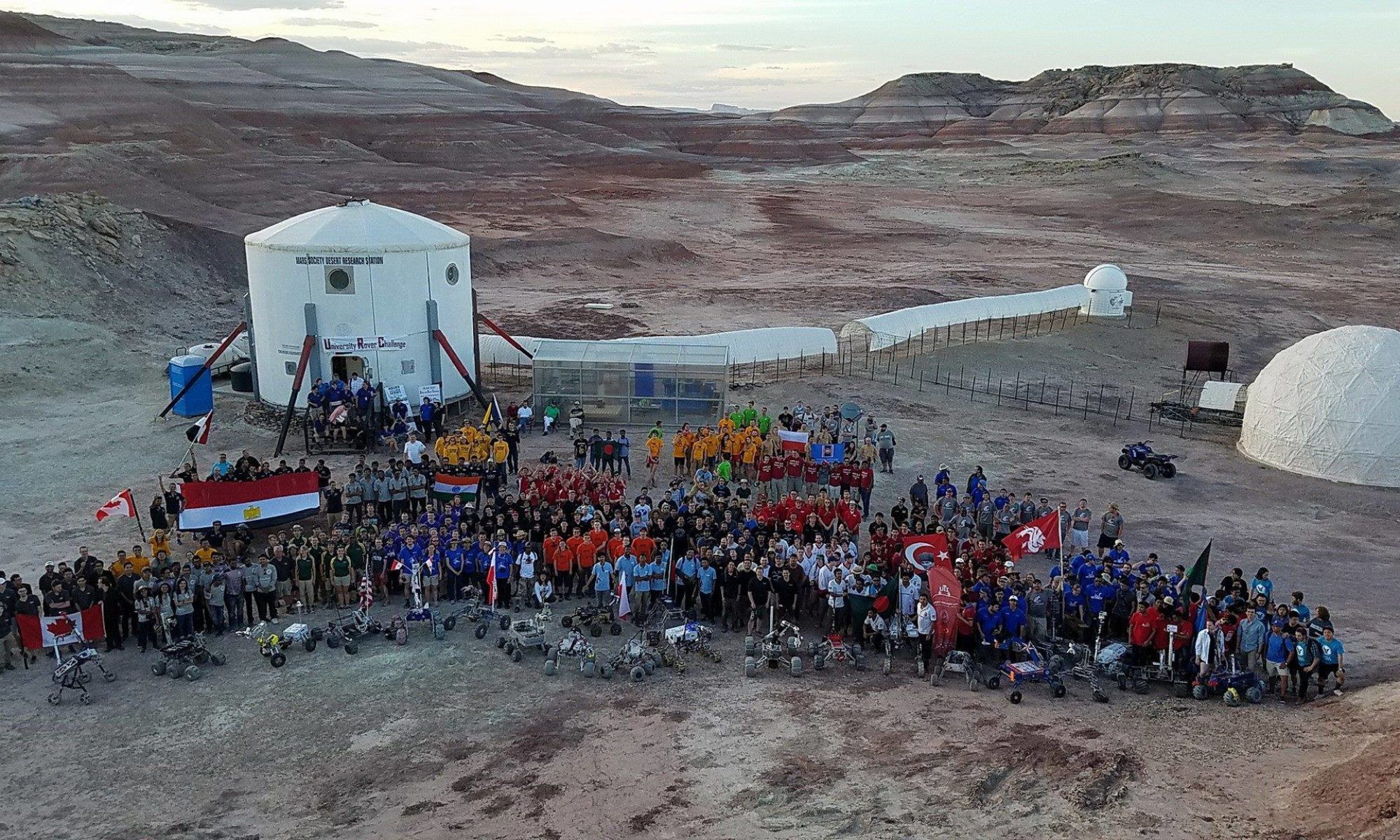Crew 261 Journalist Report 06-05-2023
Author: Kris Davidson, Crew Journalist
Moving to a distant land begins a lifelong process of translation. Immigrants must translate everything, including language, food, clothes, and even stories rooted in their homeland, across a shifting chasm between cultures. Similarly, for the first colonists on Mars, making a home will be an arduous process spread across generations. Not only will they live in a place with no existing culture, but they will also live in an environment completely inhospitable to human life, with no breathable air or running water. Everything necessary for their survival would have to be brought from Earth, and any malfunction or mishap could mean the difference between life and death. Yet, despite their longing for fresh mountain air on Earth or a swim in the ocean, they will have a tenderness and affection for their adopted home on Mars.
As the first generation of colonists has children, the idea of home would take on even greater significance. For these children, Mars would be the only home they had ever known, a world vastly different from Earth, with its unique challenges and opportunities. In just a couple generations, the cultures between Earth and Mars will be distinct.
Sol 6 marks the midway point of the mission for Transatlantic Mars Crew 261, defined by a feeling of being of two places. On one hand, there was a strong pull from Earth. Before dawn, the crew journalist Kris Davidson projected videos of water and forest against the wall in the science dome, contrasting with the rising sun over the barren Martian landscape outside. Martian homes may be designed to feature calming elements that reference Earth. Later, Commander James Burk participated in an analogue astronaut conference via Zoom being held on Earth at Biosphere 2. The crew had a journalist visit to report back to Earth about the crew’s work on Mars. Finally, the entire crew came together to record a video for Executive Officer Aline Decadi’s mother, who was celebrating her birthday on Earth. Julien Villa-Massone (Crew Engineer) strummed a guitar, and the crew felt happy and connected as they sang.
Even as Earth is always in the heart, life on Mars has become easier for Transatlantic Mars Crew 261. Audrey Derobertmasure (Medical Officer) and Erin Kennedy (Crew Robotics Engineer) had a successful longer EVA 9 for further testing of the Atmosphinder. Later, Commander Burk and Cécile Renaud (Greenhab Officer) also had success on EVA 10, with the recovery of Icarus, the drone lost on Sol 5. The crew has become closer, as colleagues and as friends, making work both easier and safer.
The phrase "home is where the heart is" takes on a new meaning for Mars colonists. For these early pioneers, home is not so much a physical place, but rather a feeling of belonging and connection to their community and mission. Living on Mars requires a tremendous amount of resilience, determination, and cooperation. The colonists are living in a hostile environment, cut off from Earth by millions of miles of empty space. In such extreme conditions, the bonds between the colonists become even more important. They must rely on each other for emotional support, as well as for their survival. They share meals, work together to maintain their equipment and habitat, and find ways to create a sense of community and belonging in a place that is completely alien to human life. Ultimately, despite the challenges they face, the colonists on Mars have created a new home, one that will continue to evolve and shape their lives for generations to come.

